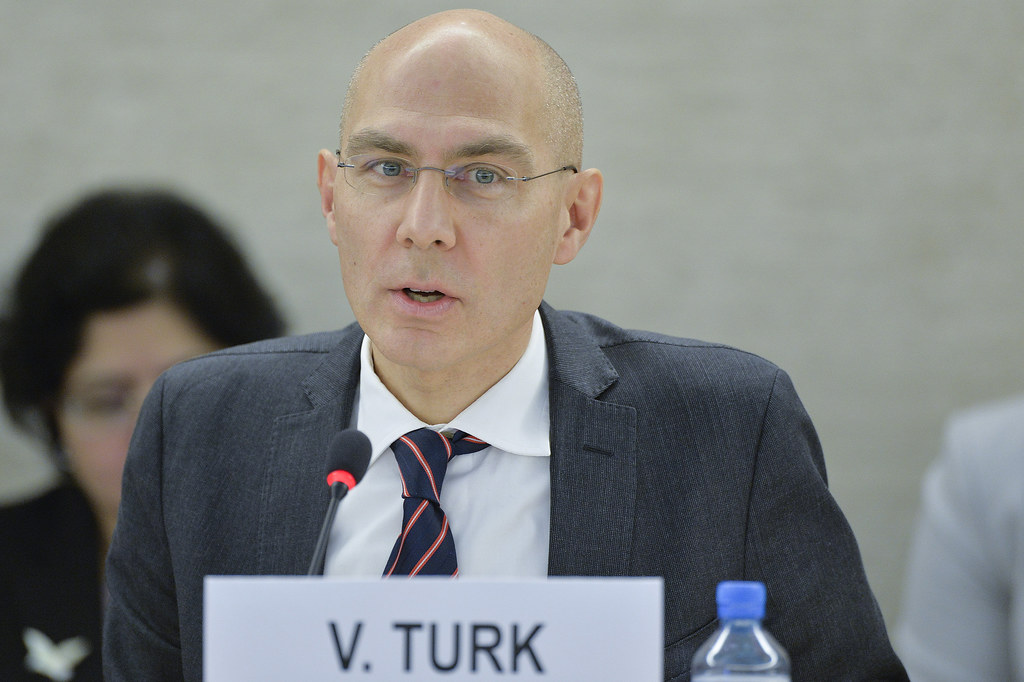
Earlier this week the UN High Commissioner for Human Rights, Volker Türk, appealed for increased attention on Myanmar from the international community citing the rapidly deteriorating human rights situation in the country.
Ahead of the third anniversary of the military coup, Türk stated “Amid all of the crises around the world, it is important no one is forgotten. The people of Myanmar have been suffering for too long."
The High Commissioner highlights that fighting between the military and opposition groups has resulted in mass civilian casualties and displacement.
In 2023 the number of civilians reportedly killed by the military rose to over 1,600.
The Muslim Rohingya community occupies a space of heightened vulnerability as the Rakhine state has been heavily impacted by fighting that restarted in November.
Approximately 26,000 people have been arrested on political grounds, with the majority, 19,973, remaining in detention.
There have been reports of torture and abuse of those who have been detained. Over the past three years, an estimated 1,576 individuals have died while in military custody.
Türk has noted that “military tactics have consistently focused on the punishment of civilians who they view as supporting their enemies.” He continues, “as a result the military has routinely targeted civilians and protected objects under international humanitarian law, especially medical facilities and schools.”
Senior Myanmar Adviser to Crisis Group, Richard Horsey, states "three years on from the Myanmar coup, the military’s hold on power is more uncertain than at any time in the last 60 years." However, Horsey notes that the military continues to maintain an enormous capacity for violence.
On Wednesday, the junta head, Min Aung Hlaing, emphasized that the military will do "whatever it takes" to crush any opposition.
Volker Türk urged all member states "to take appropriate measures to address this crisis, including to consider imposing further targeted sanctions on the military to constrain their ability to commit serious violations and disregard international law, limiting access to weapons, jet fuel and foreign currency."
Read more on UN News, and the Guardian.

